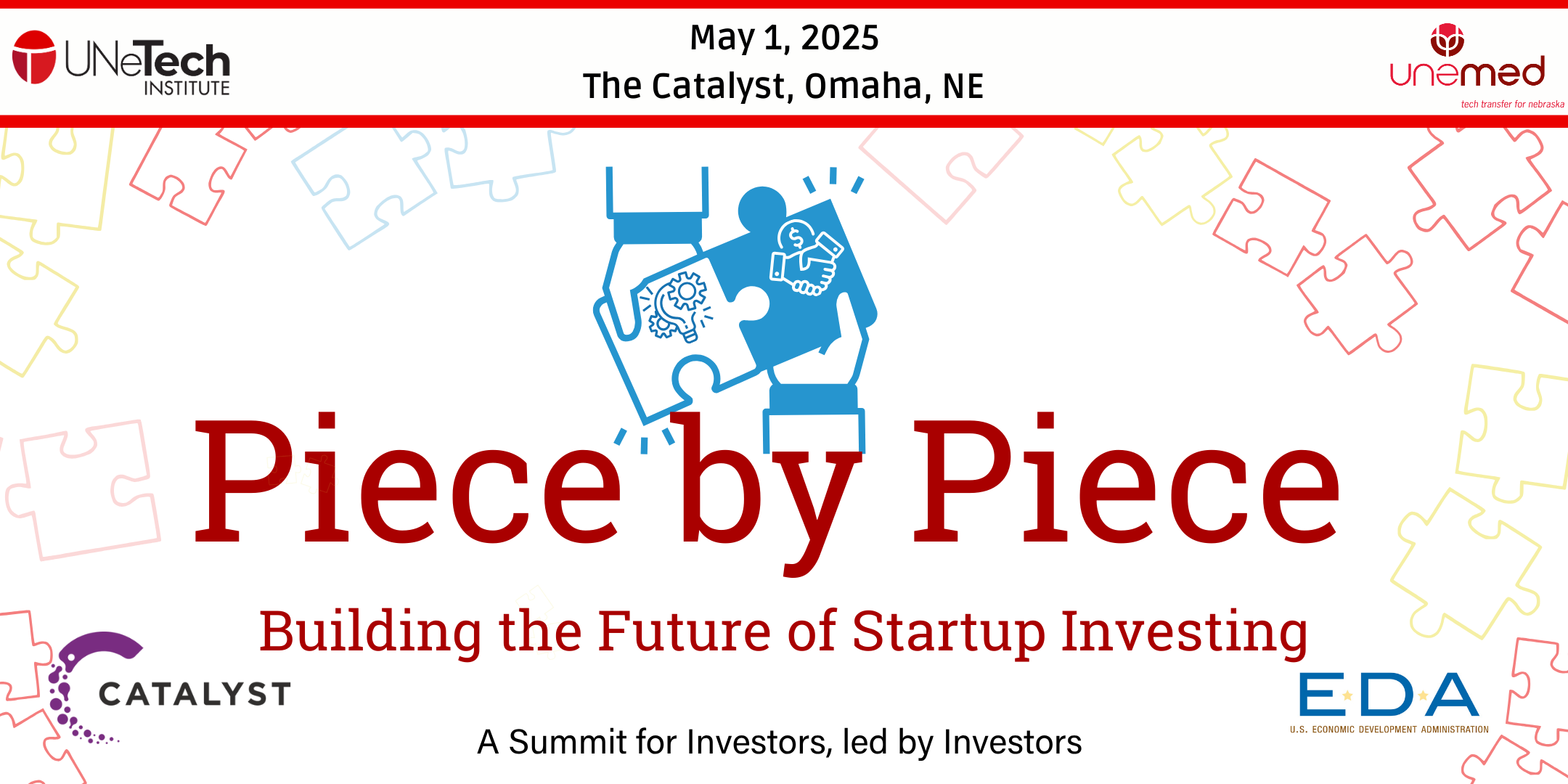 Last month, I sat down with Rahul Gupta, the Omaha-based CEO of DispatchThis, Inc., a California-based company providing web-based software for the concrete pumping industry. Rahul, who grew up and attended college in California, shared with me his experiences as an entrepreneur in The Valley, Hollywood, and most recently, Omaha.
Last month, I sat down with Rahul Gupta, the Omaha-based CEO of DispatchThis, Inc., a California-based company providing web-based software for the concrete pumping industry. Rahul, who grew up and attended college in California, shared with me his experiences as an entrepreneur in The Valley, Hollywood, and most recently, Omaha.
The founding of DispatchThis came out of a friendship formed in The Valley during the dot-com boom. Rahul met his business partner, James Nolan, while working for FreeMerchant.com, a startup providing free storefronts.
“This was late 90s, we did the whole dot-com, dot-boom, dot-bust thing,” he recalled.
Rahul was a developer and James worked on the networking and back-end of the product. In Rahul’s second year with the startup, James departed, and soon after, in March, 2001, Rahul left, as well. “We both left FreeMerchant after it was acquired and went off and did separate things,” he said.
Separate and different — Rahul moved to LA to pursue an acting career and James went to work for Thoratec, a medical devices manufacturing company. “I had decided I was going to move to Los Angeles to give up acting,” Rahul explained. At the time, he knew he was going to have a family in the near future, so he wanted to scratch the acting itch before his family came to be.
“I would say that being an actor was probably my first real entrepreneurial endeavor. People think when you’re an actor all you do is act all day, but the truth is when you get to Los Angeles as a new actor 95 percent of your job is business, 5 percent of your job, if you’re lucky, is acting. The rest of the time you have to be establishing your brand, establishing the brand of the product you’re selling, and the product is yourself.”
Rahul recalled reuniting with James for the business venture, “When he called me up, he had been working for his dad, who was a concrete pumper, and they needed some software for managing their business. He asked me if I wanted to write what he had envisioned. I said, ‘Sure, I’ll do it.’ So we wrote it, they loved it.
Around that time,” Rahul continued, “I was preparing to re-locate to Omaha where my wife was starting at UNMC for medical school, and so [James] said, ‘Let’s make a business out of it.’ I said, ‘All right, let’s do it.’”
In 2004, James remained in Roseville, California, and Rahul made the move to the Midwest. The following year, they launched their web-based software company which was established to serve a very narrow niche in the construction industry. On their website, they describe their software as “the hub of most concrete pumping operations. It’s here where order data is recorded and used by salespeople, back-office, management, and, of course, Dispatch.” In North America, they estimate there’s about 10,000 pumps, “but not all these pumps are being used,” Rahul said, “and we only charge on utilization.”
As a software as a service company, they sell on a subscription basis, charging the user $40 per pump per month. Between their web-based product, DispatchThis.com, and their desktop product, Pumpware, which they recently acquired, they have about 30% of the market.
In the future, Rahul’s plans are twofold. “One, to increase the depths of the offering.” He explained that the industry is fairly slow to adapt to computer technology, so it’ll take time to see the benefits of it. “The other way the we plan to move, is to moving into other niches,” such as the ready-mix industry, placing and finishing industry, and the crane industry. He said that these function in similar ways to the concrete pumping industry. “What our software can do will help them, as well.”
Lastly, Rahul gave his advice for startups. “Pay for legal, pay for accounting. Those two services are worth the money.” And he added, “Piggy-backing on the legal side of it, use contracts.”
“I think it’s very important to make sure that relationships and agreements, in an entrepreneurial setting, have contracts backing them.”
Check out the interview below in which he describes the function of a concrete pump, his studies on technological momentum at Berkeley, his thoughts on being in The Valley during the dot-com boom, and Omaha, “I think that there’s so much to be found here to build a home, a community, and a life.”



